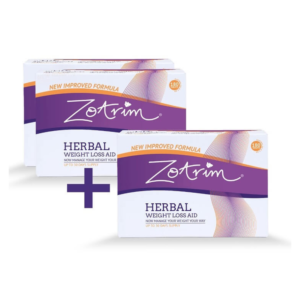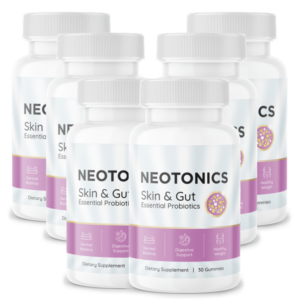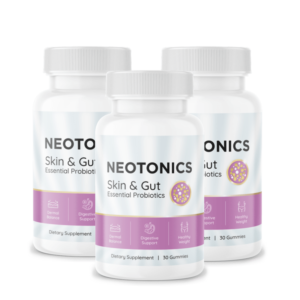You can contact us contact@vitalityportal.online
The best discounts this week
Every week you can find the best discounts here.
Neotonics Supplement 6 Bottles – Skin Cell Turnover
Nutrition for Diabetics: Best Choices and Foods to Avoid
When dealing with diabetes, dietary choices play a crucial role in maintaining healthy blood glucose levels and reducing the risk of long-term complications. Here are the best food options and foods to avoid when managing diabetes.
Best Foods for Diabetics:
- Fiber-Rich Foods: Consuming enough fiber can help you feel full for longer and prevent fatigue from consuming sugary foods. Many fiber-rich foods also have a low glycemic index (GI). Examples include non-starchy vegetables, whole grains, and legumes.
- Protein-Rich Foods: Adding lean protein to your diet can help you feel full and provide essential muscle energy. You can include lean meats such as lean beef, pork, poultry, fish, and plant-based protein sources.
- Fruits: Fruits offer essential vitamins, minerals, antioxidants, and fiber. While fruits contain carbohydrates, they generally have a low to medium GI and can be part of a healthy diet for diabetics.
- Healthy Fats: Including healthy fats in your diet is crucial as the body needs fat for various functions. Examples of healthy fat sources include olive oil and avocado.
- Unsweetened Drinks: If you have prediabetes or diabetes, you have options beyond water. Unsweetened tea and coffee without sugar can be consumed. Coffee consumption has been associated with health benefits, such as a reduced risk of diabetes. You can opt for plain coffee, espresso, or low-sugar flavorings to help maintain glucose levels within the desired range and prevent weight gain. Flavored, unsweetened sparkling water, and sugar-free beverages are also suitable choices.
Foods to Avoid for Diabetics:
- Foods with Added Sugars: Limiting added sugars is vital to maintaining blood glucose levels within the recommended range. Examples include baked goods like cakes, cookies, and pies. The American Heart Association suggests restricting added sugar intake to 25 grams or 6 teaspoons per day for women and 36 grams or 9 teaspoons per day for men.
- Sugar-Sweetened Beverages: Drinks sweetened with sugar, such as sodas, flavored coffee drinks, energy drinks, fruit punch, lemonade, and certain mixed drinks, provide empty calories and lack nutrition. Limiting these beverages can help reduce glucose levels, blood fats, and the risk of developing fatty liver disease.
- Foods with Saturated Fats: Consuming saturated fats can elevate cholesterol levels and increase the risk of heart disease. The American Diabetes Association recommends that no more than 10% of daily calories come from saturated fats. Foods with saturated fats include high-fat meats, full-fat dairy products, poultry skin, and oils like palm and coconut.
- Alcohol: Current guidelines suggest limiting alcohol consumption to one drink per day for women and two drinks per day for men. Individuals with diabetes may benefit from minimizing or avoiding alcohol consumption, as it can interfere with the liver’s release of glucose and impact certain diabetes medications.
- Ultra-Processed Foods: This category encompasses foods high in added sugars, refined grains, unhealthy fats, preservatives, and salt. Ultra-processed foods often contain high fructose corn syrup and additives not typically found in homemade meals. Consumption of these foods significantly increases the risk of developing type 2 diabetes.
While diabetes or prediabetes doesn’t mandate complete avoidance of specific foods or food groups, moderating the consumption of certain types of food can help maintain healthy blood glucose levels and reduce the risk of chronic health conditions. Seeking support from healthcare professionals, family, and social networks is recommended for individuals managing this condition.
If you require further support related to your health condition, consider contacting a healthcare provider. Additionally, Healthline’s free Bezzy T2D app can link you with other individuals living with type 2 diabetes for additional assistance. Download the app on iPhone or Android platforms.
Visit academic research institutions, and medical journals and associations to ensure content accuracy and integrity.Visit Healthline to learn more about accurate and current content standards.
https://www.healthline.com/nutrition/foods-to-avoid-with-diabetes#takeaway










